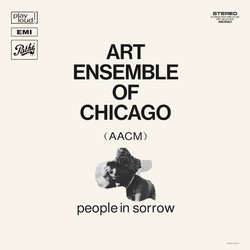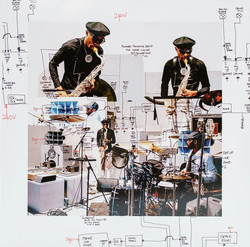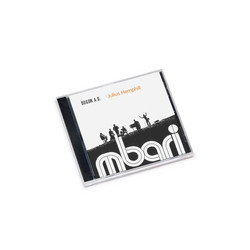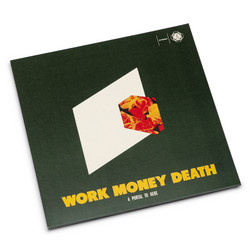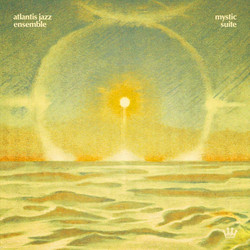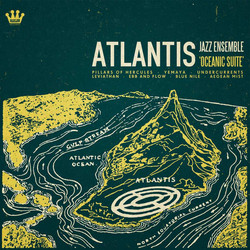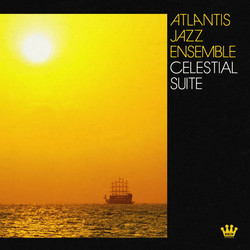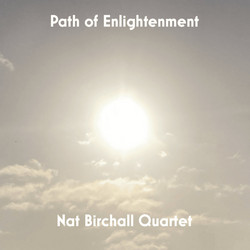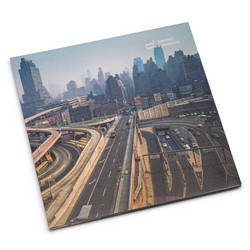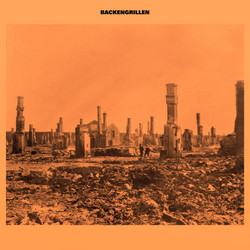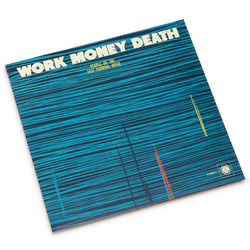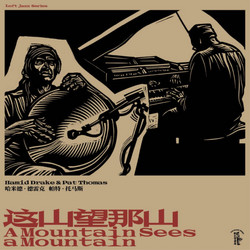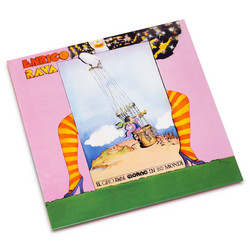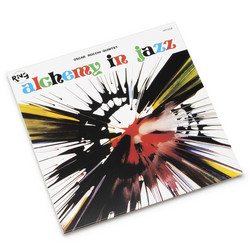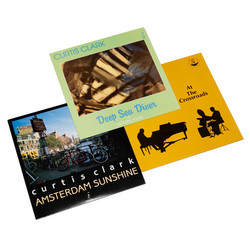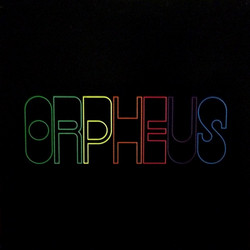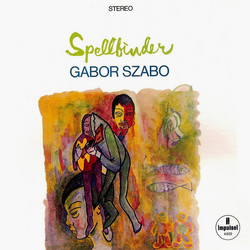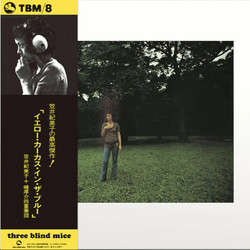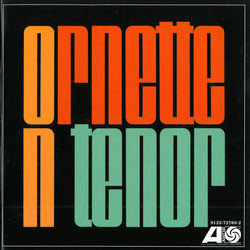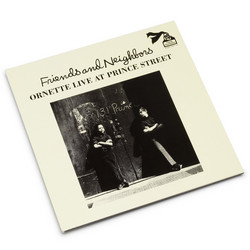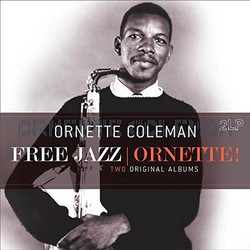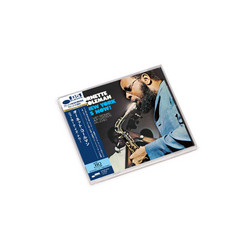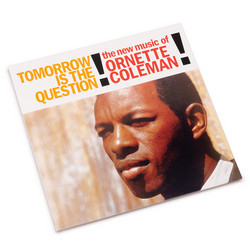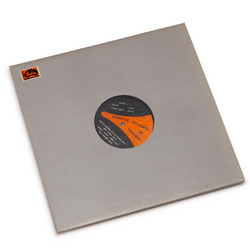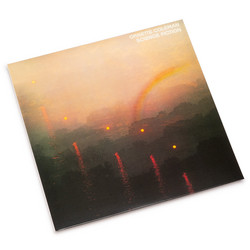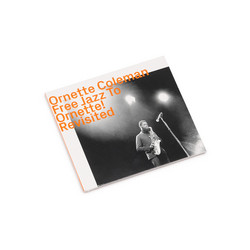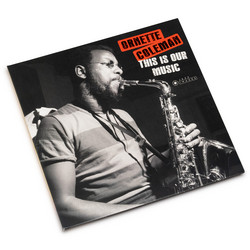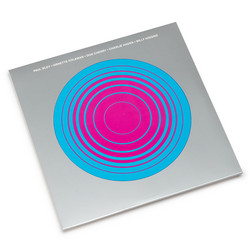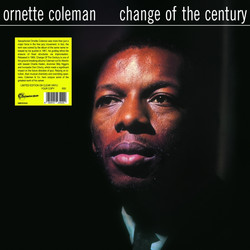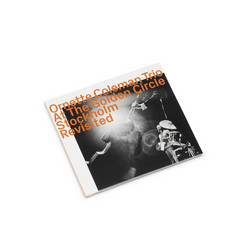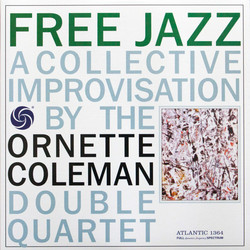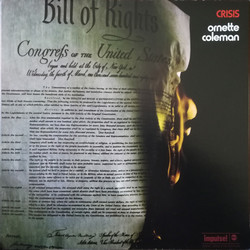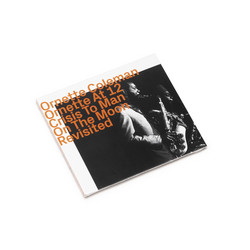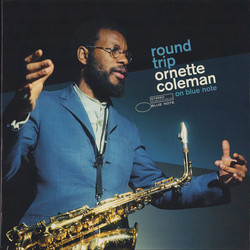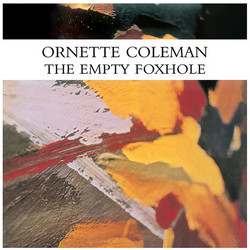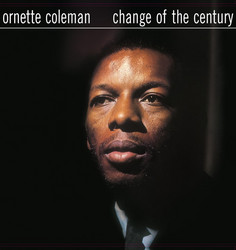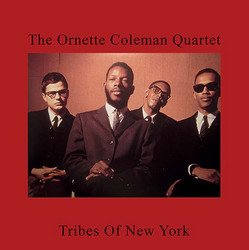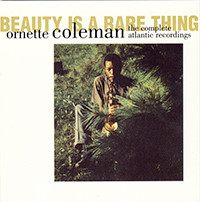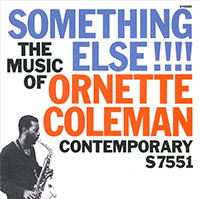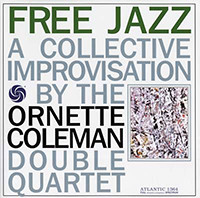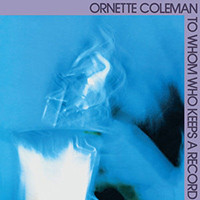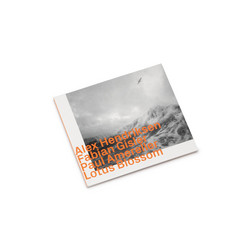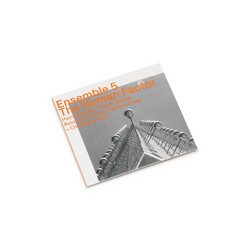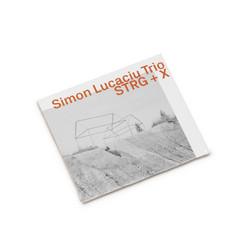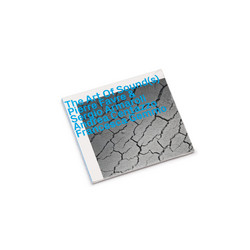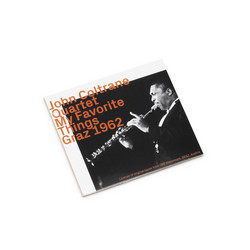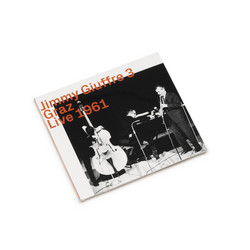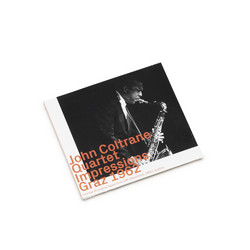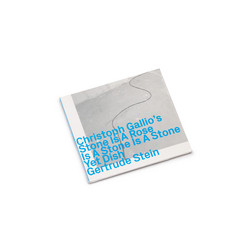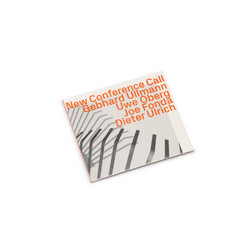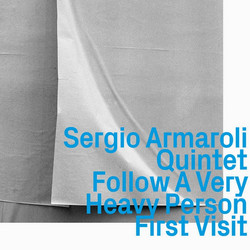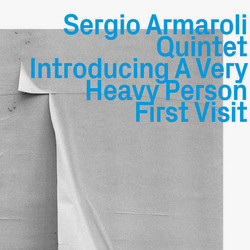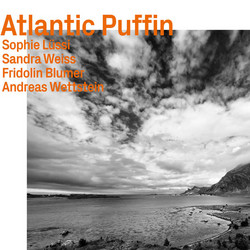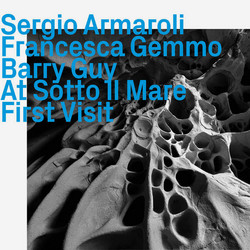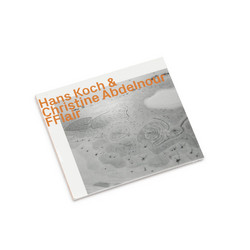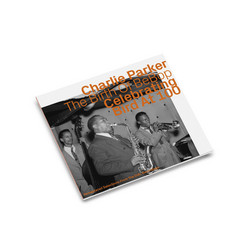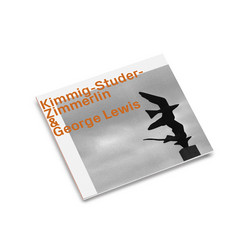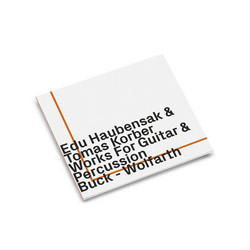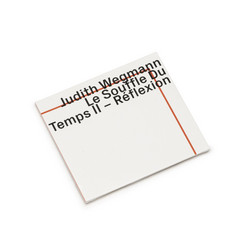Ornette Coleman
New York Is Now & Love Call Revisited
Temporary Super Offer! New York is Now! and Love Call are rarely mentioned in surveys of Ornette Coleman’s music, and they are often glossed over when they are cited…. Even in commentary focusing on Coleman’s recordings for Blue Note between 1965 and ‘68, these albums tend to be overshadowed by the two volumes of At the “Golden Circle” Stockholm... However, these last sessions before Coleman’s departure for Impulse! are pivotal, influential albums that merit reassessment. – Bill Shoemaker
"Alto saxophonist and composer Ornette Coleman signed to Blue Note Records in the mid 1960's, recording two live albums and three studio releases. Two of the studio albums, New York Is Now and Love Call, which were recorded at the same sessions in the Spring of 1968 are presented on this compilation, with Coleman also adding trumpet and violin to his repertoire in the company of Dewey Redman on tenor saxophone, Jimmy Garrison on bass and Elvin Jones on drums. "The Garden of Souls" opens the album with lush horns and bowed bass sounding a haunted emotional theme, becoming saxophone plus rhythm at medium tempo picking up with Ornette's tart saxophone tone as bass and drums push and pull like the tide. Dewey Redman enters, using a very distinctive tenor saxophone tone and way of approaching the instrument, achieving pained vocal sounds, harmonizing together with Coleman and bowed bass, creating a distinctive overall textural sound. The snappy lead to "Toy Dance" is classic Ornette, leading to bouncing saxophone and light cymbals, as the music flies high and pulsating bass provides extra power. The trio improvisation stretches out nicely with the drums providing added pop, and a short rolling solo, leading back to a steaming collective improv. "We Now Interrupt for a Commercial" is the most unusual track, with Coleman employing sawing bowed violin along side bass and chaotic saxophone and a strange intoning spoken voice, to create one of the freest yet strangest tracks on the album, ending with strings and punishing drums. Up-tempo twisting in on itself, "Round Trip" sees Ornette playing a fast and graceful saxophone solo over light but insistent bass and drums. Garrison pushes things forward and Coleman responds with flurries of notes, leading to great gales of saxophone built from the ground up, eventually twin saxophones intertwine like DNA playing together beautifully. "Airborne" uses an ascending theme to set up a cathartic rush of Coleman's saxophone, near to taut bass and simmering cymbals. Jones is hopped up and driving things onward, while Ornette is ripping off short potent phrases, pushing them aloft and soaring, sounding particularly inspired. buoyed by nice bass and drum interplay. Dewey's raw and scalding tenor saxophone enters with a fascinating grating sound in opposition to the tight bass and drums. Ornette moves to trumpet on "Love Call" as the full quartet comes together for an urgent opening. The trumpet pushes into open territory, as Redman counters with strong saxophone, vibrant and focused as the rhythm section simmers underneath. Trumpet and saxophone weave together in a fresh and interesting fashion, creating a powerful improvisation, "Open to the Public" has a fast paced intro for the full band driven hard by Jones, followed by Ornette taking off with an expressive saxophone solo, leaving lot of space for Jones who makes the most of it, playing an focused drum solo. Ornette playing over heavy drums is great, and here they are just raving spectacularly. "Check Out Time" is the final track, presenting a bright medium up choppy theme, as Ornette lets loose with tart peals of saxophone over discreet bass and drums, juking around the rhythm. Dewey Redman enters and is way out, playing in the medium of pure sound, juxtaposed against the steady pulse of bass and drums, he is wild to hear, Ornette Coleman is unique, and these albums are very interesting for the musicians they brought together, putting Coleman together with Garrison and Jones, famously the anchors of the great John Coltrane Quartet. Sometimes it feels a little stiff, but for the most part it works quite well. Dewey Redman is the real wild card, playing some of the most transgressive sounds of his career, he gives a much need spark of the unexpected to these sessions." - Tim Niland

